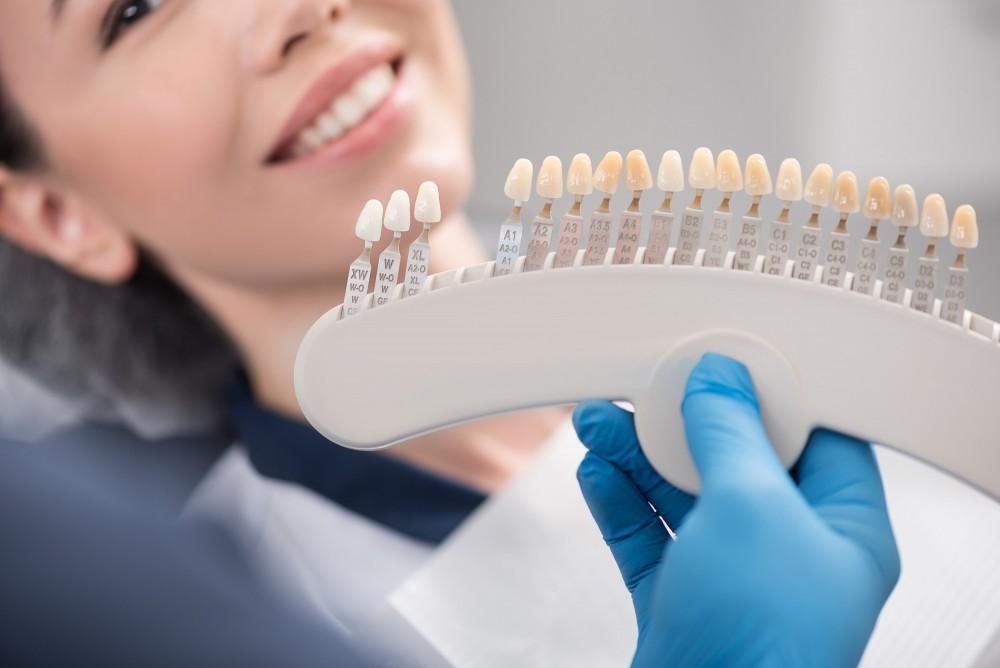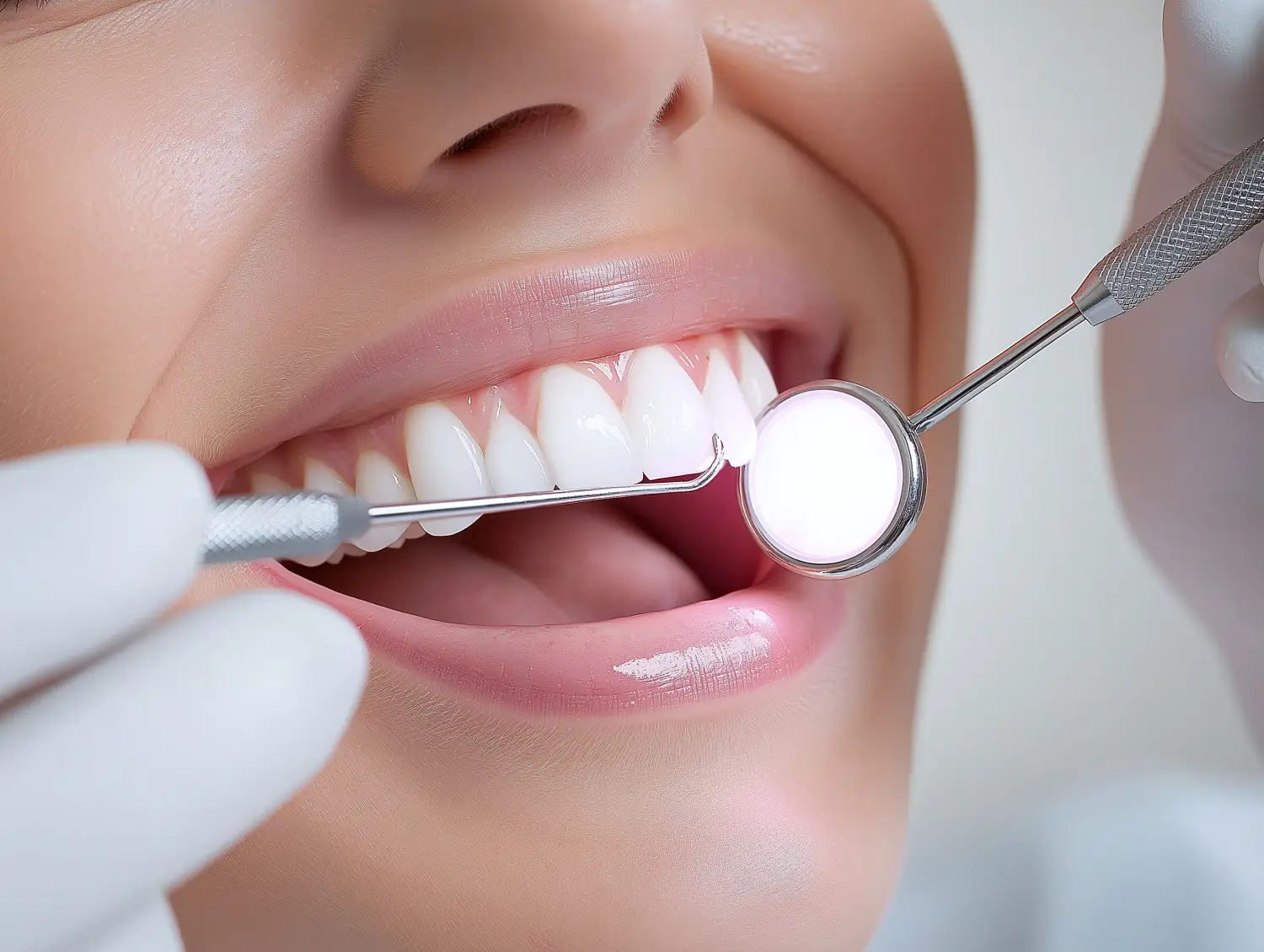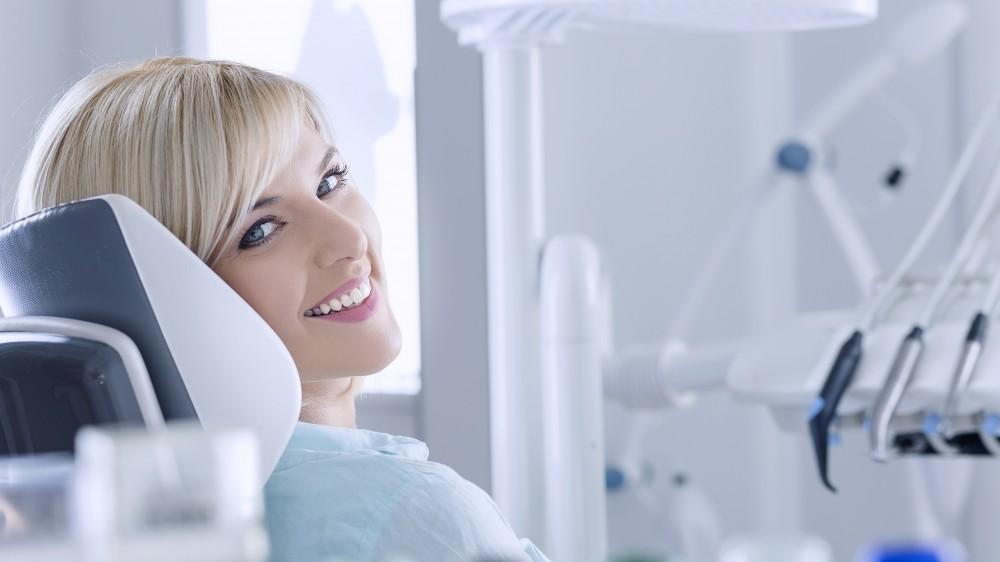
Are There Safe Teeth Whitening Options?
Nobody wants to be known for their discolored or stained teeth. Unfortunately, research shows that there may be a downside to some of the popular teeth whitening gels and strips out there. The good news is that there are safe options available for teeth whitening in Orlando. Before looking at the safety of teeth whitening near you, let’s look at the major causes of tooth discoloration first.
What causes tooth discolouration?
There are two types of tooth discolouration.
Extrinsic discoloration – this type of tooth discolouration affects the outside part of your teeth. It may be caused by smoking habits, food or beverages. These stains can be easily treated with whitening toothpastes.
Intrinsic discoloration – as the name suggests, this type of discoloration originates from within the tooth. This may be as a result of infection, medical use, tooth trauma, aging or childhood illness. It calls for professional bleaching to remove the stains.
Which safe teeth whitening options do I have?
Teeth whitening options are grouped into 3 categories;
- Those administered by a dentist near you
- Those dispensed by a dentist for home use
- Over-the-counter or at-home methods
How do I choose the right teeth whitening method?
There are several factors to consider when finding the best whitening option. Here is a guide to determine which method will be most effective for you.
1. Determine your type of discoloration. Is it intrinsic or extrinsic?
2. The cost of treatment. Whitening options differ in costs. Choose a treatment you can afford.
3. Consider the treatment method proposed by your dentist in Orlando.
4. Your dental history. Have you ever had crowns or fillings?
Available professional teeth whitening options
It is advisable to seek professional advice from an experienced dentist near you. Professional whitening methods are safe as they use carbamide peroxide to bleach your teeth. These whitening options include in-office treatment and at-home treatment.
In-office treatment – this type of treatment works quickly and it’s likely to last longer than at-home treatment. The whitening products used have a high concentration of hydrogen peroxide. In-office treatment is the most recommended if you have abfraction lesions or receding gums.
At-home treatment – a professional dentist near you may help whiten your teeth at home by providing custom-fit trays to insert into your mouth. You require a whitening gel that is applied to the trays for 30 minutes to one hour every day for 7 days to whiten your teeth.
Over-the-counter treatment
There are also safe over-the-counter (OTC) whitening products. The difference between OTC treatment and those administered by a dentist is that they have a lower concentration of whitening agents. This could mean that they may have no or little effect on the discoloration of your teeth. It is advisable that you read and follow the manufacturer’s instructions carefully.
Whitening toothpastes
This type of whitening option also does not contain carbamide peroxide. Most of these products aim to whiten your teeth with substances such as chemical blue covarine or abrasives. Although some of these whitening toothpastes may take a longer time to remove stains, blue covarine products can whiten your teeth with just a single brush.
Whitening strips
The other safe types of OTC whitening products are whitening strips. Compared to other products, whitening strips contain a lower amount of hydrogen peroxide. They are usually applied to your teeth once or twice daily.
Are there safe at-home whitening methods?
You may be wondering whether there is such a thing as“safe at-home teeth whitening in Orlando”. There are several well- known at-home options such as activated charcoal. However, these methods are not scientifically proven to whiten tooth discoloration and their safety is questionable. We always recommend that you consult a dentist in Orlando to avoid damaging your teeth before attempting to whiten your teeth.
With this information, you can determine the safest teeth whitening options. It is also advisable to visit a reputable dental clinic near you for a consultation.
Related Posts

Welcome to Orlando Center for Cosmetic Dentistry

Teeth Cleaning Aftercare Tips

What Are Dentures? Everything You Need to Know
%20copy.jpg)
Schedule your visit today
We’re here to help you achieve a healthier, more confident smile with precision care and no pressure. Let’s get you started.
